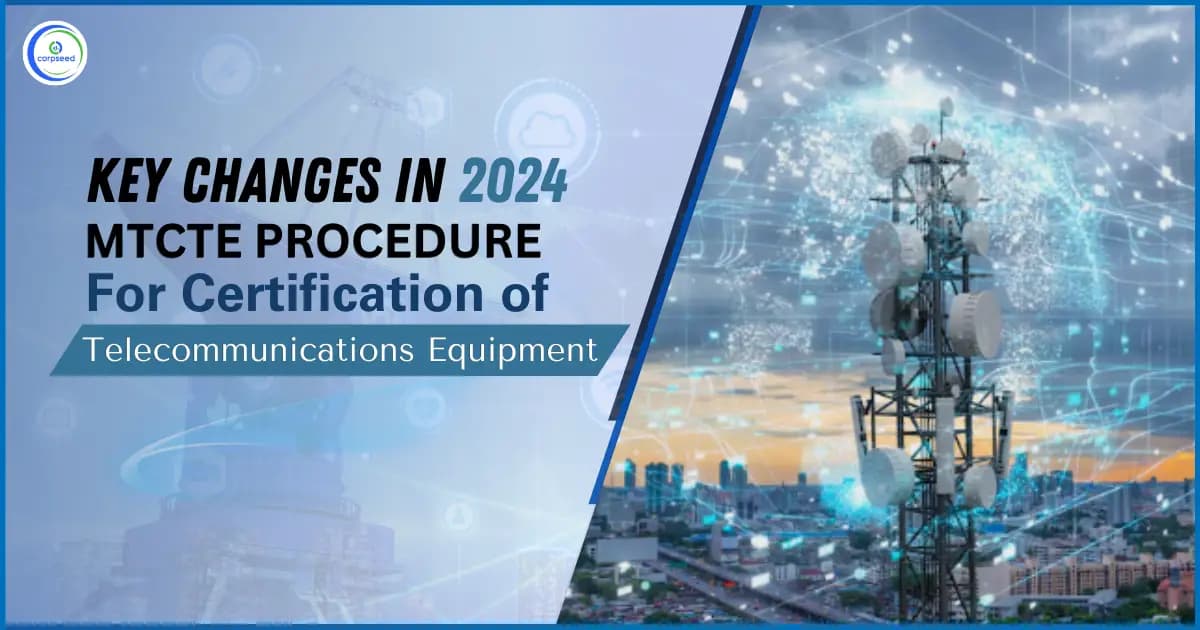
Loading...

This latest MTCTE procedure release incorporates various modifications designed to simplify the certification process and decrease expenses for government entities.
About the Author

An experienced legal researcher with a robust academic foundation in BBA LLB and LLM (Corporate Law), I have distinguished myself through extensive contributions to the field of legal research. My work has been widely published, including research papers, articles, and blogs featured in Hon'ble Justice Publications and various esteemed legal websites. My dedication to excellence in research has earned me multiple awards in research paper presentations and content writing competitions.
In addition to my legal expertise, I am committed to staying informed about the latest trends in content marketing and regulatory changes, ensuring that my writing remains relevant, impactful, and aligned with current industry standards. My work is characterized by a deep understanding of corporate law, a passion for thorough research, and a commitment to producing high-quality, insightful content.